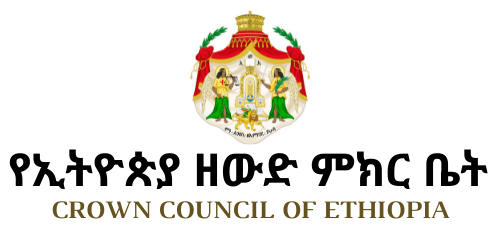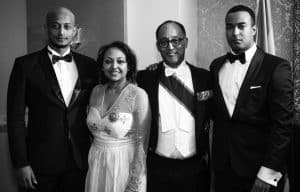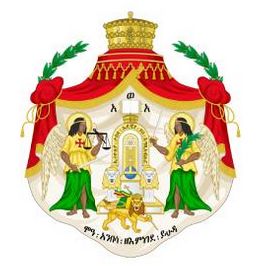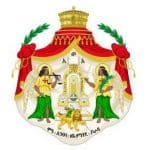By His Imperial Highness Prince Ermias Sahle-Selassie Haile-Selassie, President of the Crown Council of Ethiopia
A number of church services, conferences, dinners, and concerts have been organized over the years to commemorate anniversaries of the birthday of His Imperial Majesty Emperor Haile-Selassie I. But this year was especially important. On July 23, 2012, we celebrated the 120th anniversary of his birth, and thanked God for giving all of us around the world — those who have steadfastly upheld the memory of our late Emperor — another opportunity to reflect on his life and his contributions to his Nation and the World.
One significant and poignant event which took place on the afternoon of July 22, 2012, was a conference at Howard University in Washington, DC, to discuss Ambassador Zewde Retta’s latest book, The Government of Emperor Haile-Selassie I.
Ethiopians of different political persuasions were, in this gathering, able to conduct an extremely civil discourse, outlining the merits and shortcomings of the late Imperial Government. This was a significant transformation in the tenor of discussion, after 40 years of seeing the memory of the late Emperor vilified by some.
Certainly, the demonization of the late Emperor extended beyond him to also those patriotic and able Ethiopians who served in his Government from 1930-1974. The generation of Ethiopians who were born after 1974 were, as a result, denied the comfort and embrace of their true history. It is only now that with the recent publications, interviews, and lectures by a very rare crop of prominent Ethiopians who served in government positions in the Ethiopian Imperial Government, and a similar discourse from foreign academics, that a dispassionate discussion is now taking place in the evaluation of our history during the years of Imperial governance and the decades which followed.
Emperor Haile-Selassie achieved so much during his reign; he brought Ethiopia into the modern age. However, he was able to achieve this with the leadership of talented and self-sacrificing patriots, some with traditional education and others educated at the best Universities around the world. As we commemorate him, we should also commemorate those who worked, fought, and strove with him to bequeath us a proud legacy.
We trust and hope that we will continue with this promising start by following the example of the Ambassador and other distinguished individuals to document their experiences and demonstrate their willingness to educate the new generation of Ethiopians about their history.
The Ethiopian youth deserve to know their history. This generation must also be unrelenting in demanding from those who have served in public office and have knowledge about important aspects of our history to share their experiences. It is through education, research, and by examining facts that the start of discernment commences in evaluating and understanding our collective successes and challenges.
We pray that it will not be long before similar conferences can be held in Ethiopia. We also trust that Ambassador Zewde Retta’s book — currently available in Amharic — will be translated into different languages for wider readership. It is through these processes that we can debate, learn, and start healing from a momentous and controversial part of our history.








